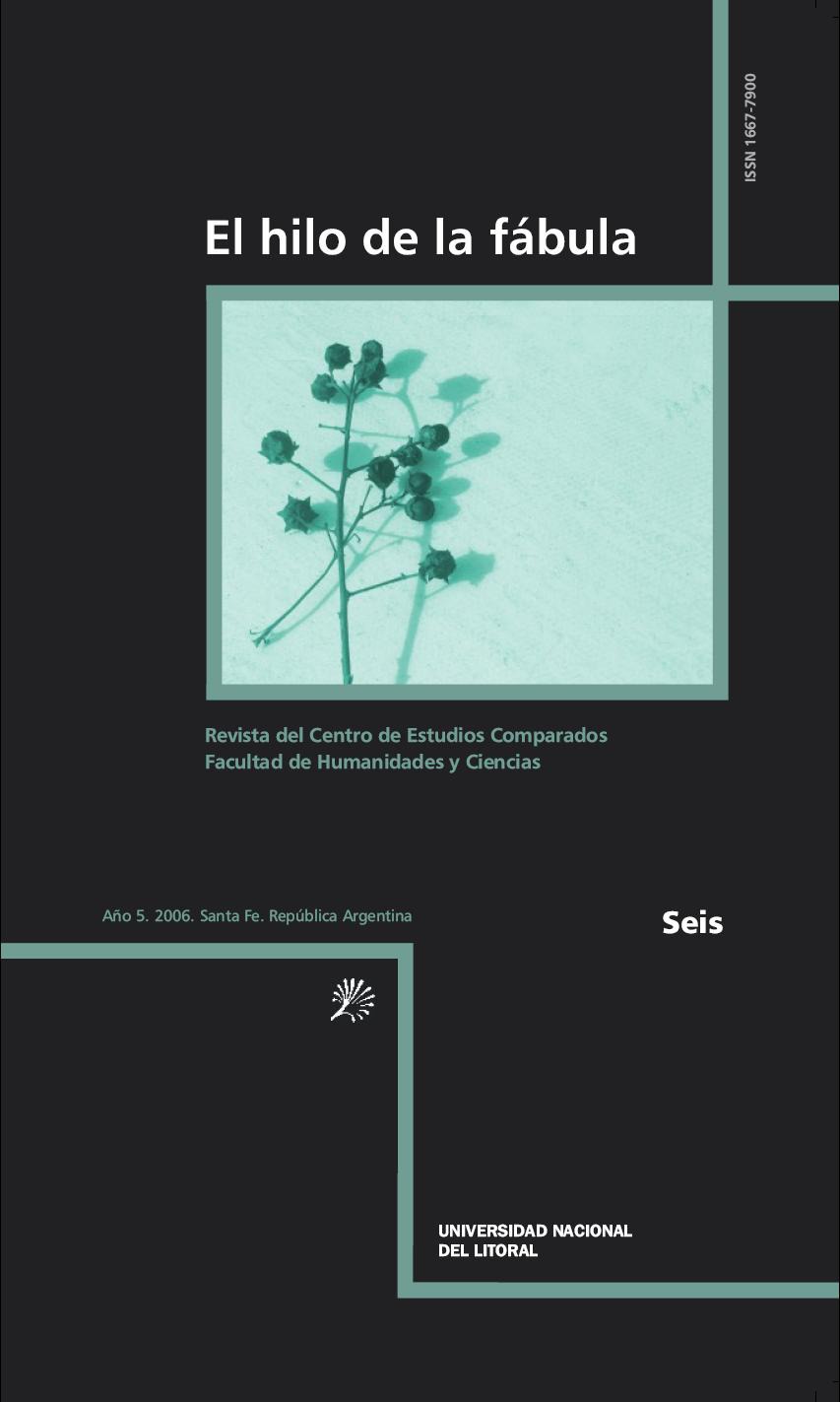Traducción y reescritura. A propósito de Finisterre
DOI:
https://doi.org/10.14409/hf.v1i6.1818Abstract
Writing is translating. In Finisterre this condition of writing is quite emphasized. Historiographical works, letters, terms from several languages, distant geographies, testimonial narratives, a wide sociological, anthropological and literary bibliography: everything is remade and transformed into this novel. On the other side, translation as a vital function becomes a subject of the story itself. Characters spent their lives in the attempt of translating the unknown into known, and translating themselves for others’eyes. Their fate depends on their success. Those who suffer the more (or die), are those incapable or not willing to translate, those who don’t find the key of the equivalences needed to remake themselves in other place. It is not possible to know thoroughly one’s own world if you have not seen the other world, the whole community of human beings, in what they share, and in what they differ. Human journey means to go and return, although you may not return in the flesh. Babel is not hell, because human languages can interprete and interpenetrate each other, just as bodies do; because the communicant vessels of translation do exist.












